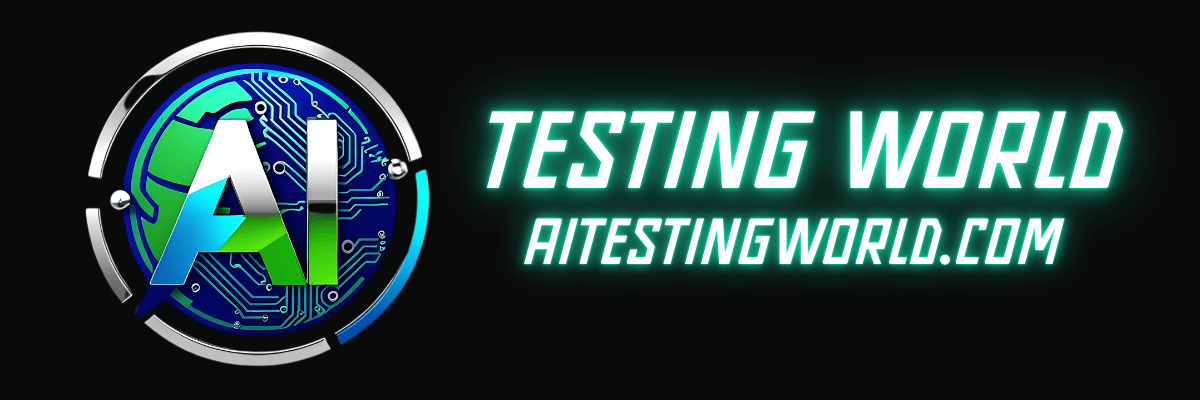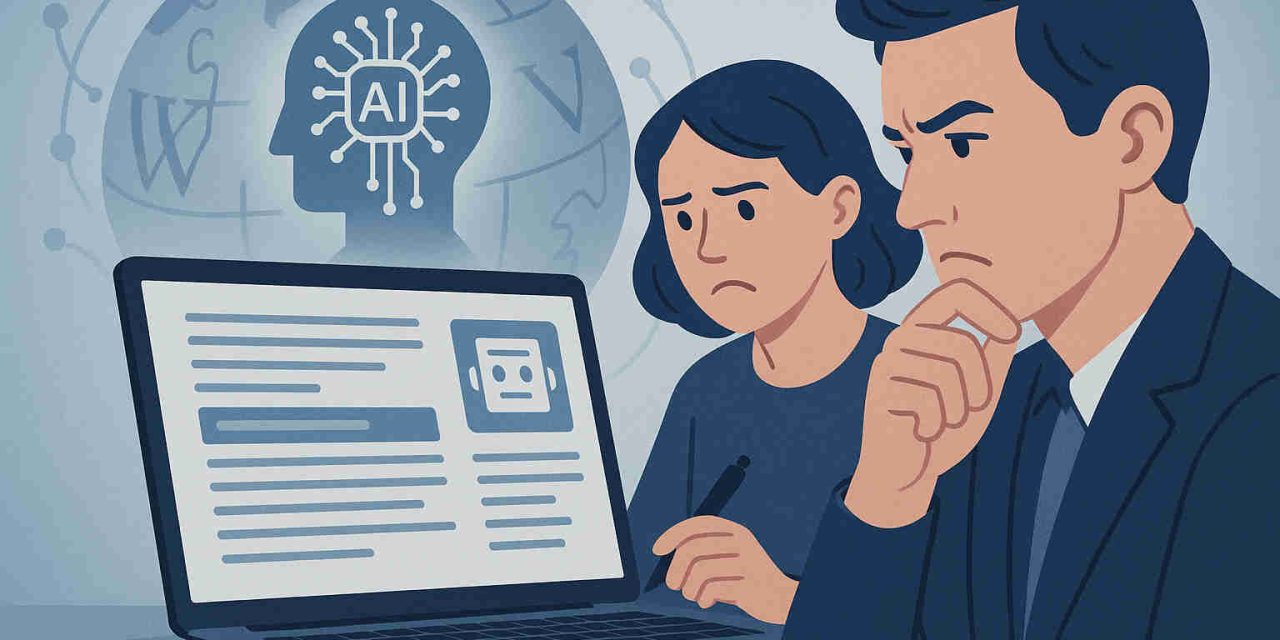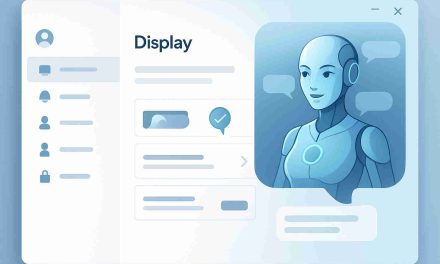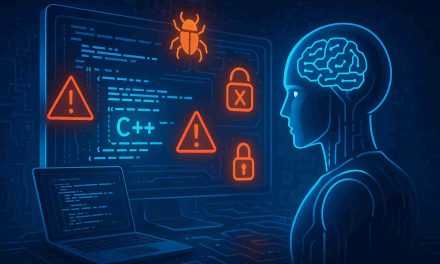TL;DR
Wikipedia abandons AI-generated summary initiative after strong opposition from editors criticized accuracy, reliability, and potential bias issues in AI testing scenarios.
Wikipedia has halted plans to experiment with artificial intelligence to generate article summaries, following significant pushback from its community of editors. This decision, announced recently by the Wikimedia Foundation, surfaced as editors raised substantial concerns about the accuracy, reliability, and transparency of such automations, issues at the heart of modern AI testing and software quality assurance.
AI Model Reliability in Real-World Applications
Reliability is key for any AI-driven software, especially across large-scale platforms like Wikipedia, which millions use daily. Editors identified several inaccuracies and misleading information generated by preliminary AI outputs. From an AI testing standpoint, this example underscores a significant challenge in model validation: ensuring consistent accuracy across diverse data sets. Software developers must learn from Wikipedia’s struggles that rigorous testing frameworks and extensive validation processes are critical before deploying AI-generated content widely.
Ethical Considerations of Using Generative AI in Public Platforms
Wikipedia’s decision highlights ethical questions prevalent in AI application deployment.
The community of editors, representing diverse viewpoints globally, flagged potential bias and unintended misinformation from automated summaries. These ethical challenges point directly to the responsibilities AI testing professionals bear. Ensuring fairness, avoiding implicit bias, and maintaining transparency become fundamental benchmarks for developers and testers integrating generative AI into public-facing platforms.
Community Feedback Integration in Software Development Cycles
This case signifies how vital proactive community feedback integration is, especially when testing advanced AI models. Wikimedia Foundation’s retreat from an AI-based feature emphasizes involving diverse stakeholders early in the development and testing cycles. Engineering teams can enhance testing practices by embedding continuous feedback loops, prioritizing open discussions around strengths, weaknesses, and user impacts to create robust, accepted digital innovations.
Wikipedia’s reversal regarding AI summaries acts as a stern reminder for AI testing professionals to carefully examine accuracy, ethical implications, and community feedback.
By leveraging these insights, software engineers and developers can improve future efforts in AI integration. Engaging openly, ethically, and rigorously within the development cycle is essential to prevent similar setbacks.
Original resource for this article: https://www.engadget.com/ai/wikipedia-cancels-plan-to-test-ai-summaries-after-editors-skewer-the-idea-200029899.html





